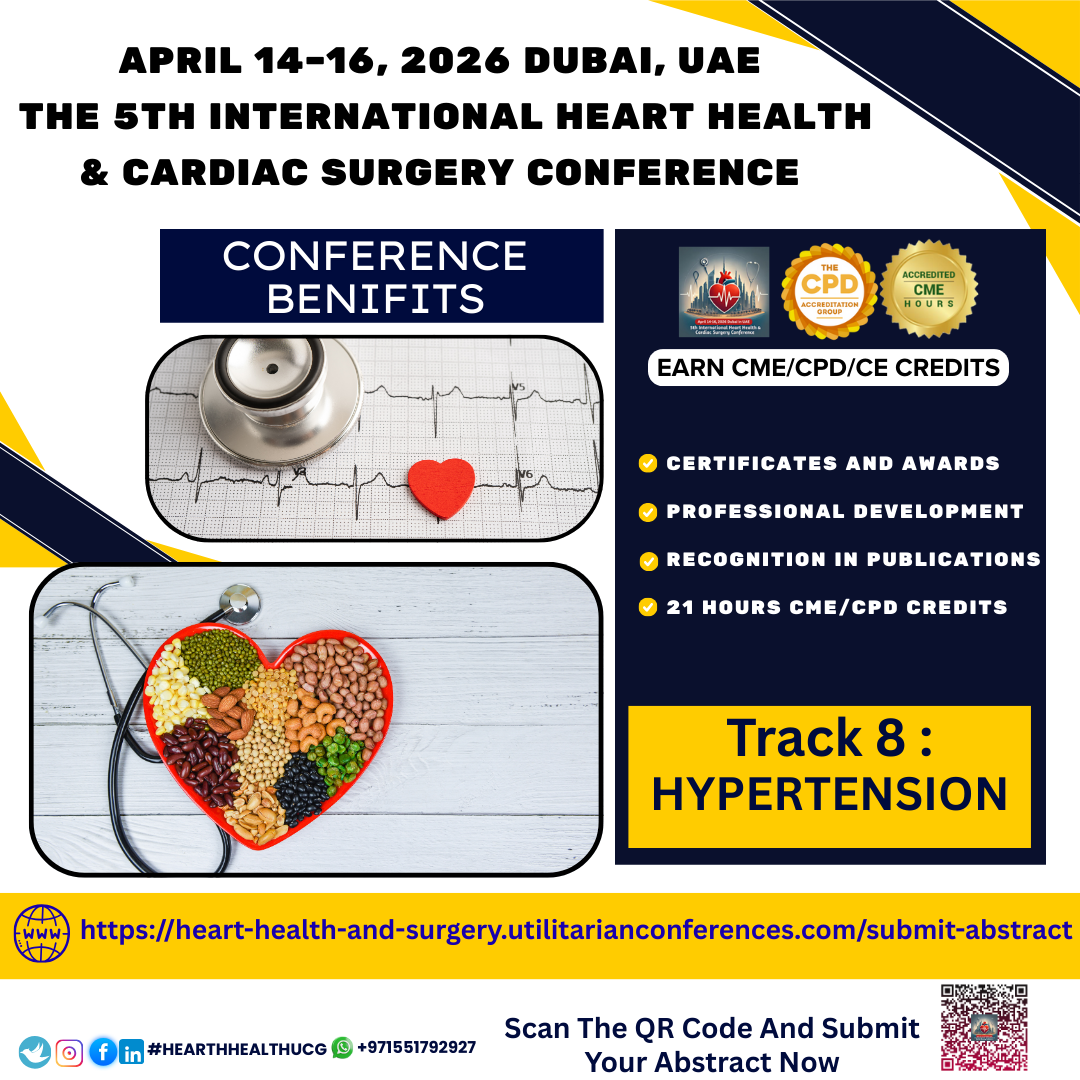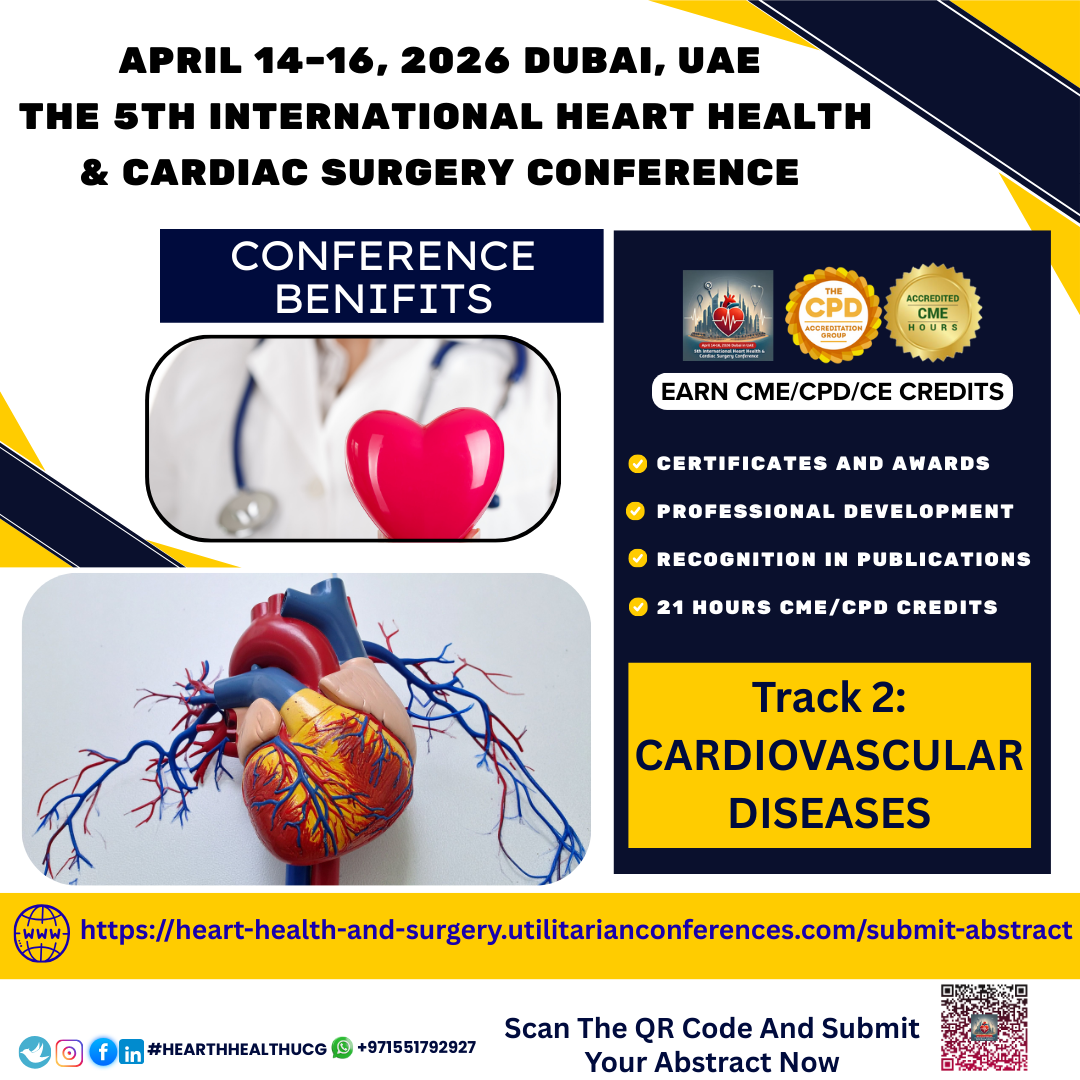



Heart Health is a broad and essential topic that refers to maintaining the...

Cardiovascular diseases (CVDs) are the leading cause of death globally,
claiming an estimated 17.9...

Hypertension, commonly known as high blood pressure, is often referred to as the “silent killer” — and for good reason. It usually develops over time without any obvious symptoms, but it can quietly damage your heart, blood vessels, and other organs if left untreated.
In this blog post, we’ll dive into what hypertension is, why it’s dangerous, how to recognize risk factors, and what you can do to manage or prevent it.
What Is Hypertension?Blood pressure is the force of blood pushing against the walls of your arteries as your heart pumps. When this pressure stays too high for too long, it becomes hypertension.
It’s measured in two numbers:
Systolic
pressure (top number): Pressure during a heartbeat
Diastolic
pressure (bottom number): Pressure between beats
A normal blood pressure reading is typically around 120/80 mm Hg. Hypertension is diagnosed when readings consistently exceed 130/80 mm Hg.
Why Is Hypertension Dangerous?Even without noticeable symptoms, hypertension can lead to serious health problems, such as:
Heart disease
Stroke
Kidney
damage
Vision
loss
Aneurysms
Over time, the excessive pressure damages artery walls and makes the heart work harder, increasing the risk of life-threatening events.
Several factors can increase your risk of
developing high blood pressure, including:
·
Age
(risk increases as you get older)
Family
history
Lack of
physical activity
Obesity or
being overweight
Excessive
salt or alcohol intake
Chronic
stress
Smoking
Certain
medical conditions like diabetes or kidney disease
Hypertension is often asymptomatic, but some
people may experience:
Headaches
Dizziness
Blurred vision
Chest pain
Shortness of breath
These symptoms typically appear in more severe cases or hypertensive emergencies and should not be ignored.
Prevention and ManagementThe good news? Hypertension is manageable and
often preventable with lifestyle changes and medical treatment.
1. Exercise regularly – Aim for at least 30 minutes most days of the week.
2. Eat a healthy diet – Follow the DASH (Dietary Approaches to Stop Hypertension) diet, rich in fruits, vegetables, whole grains, and low-fat dairy.
3. Reduce salt intake – Keep it under 2,300 mg per day.
4.Maintain a healthy weight – Shedding even a few pounds can lower your blood pressure.
5. Limit alcohol and quit smoking
6 Manage stress – Try yoga, meditation, or mindfulness techniques.
Medical Treatment: If lifestyle changes aren’t enough, your doctor may prescribe medications such as: DiureticsACE inhibitors
Beta-blockers
Calcium channel blockers
Always follow your healthcare provider’s
advice and take medications as prescribed.